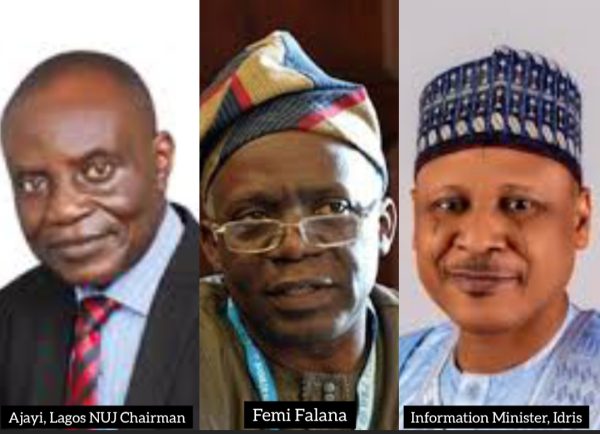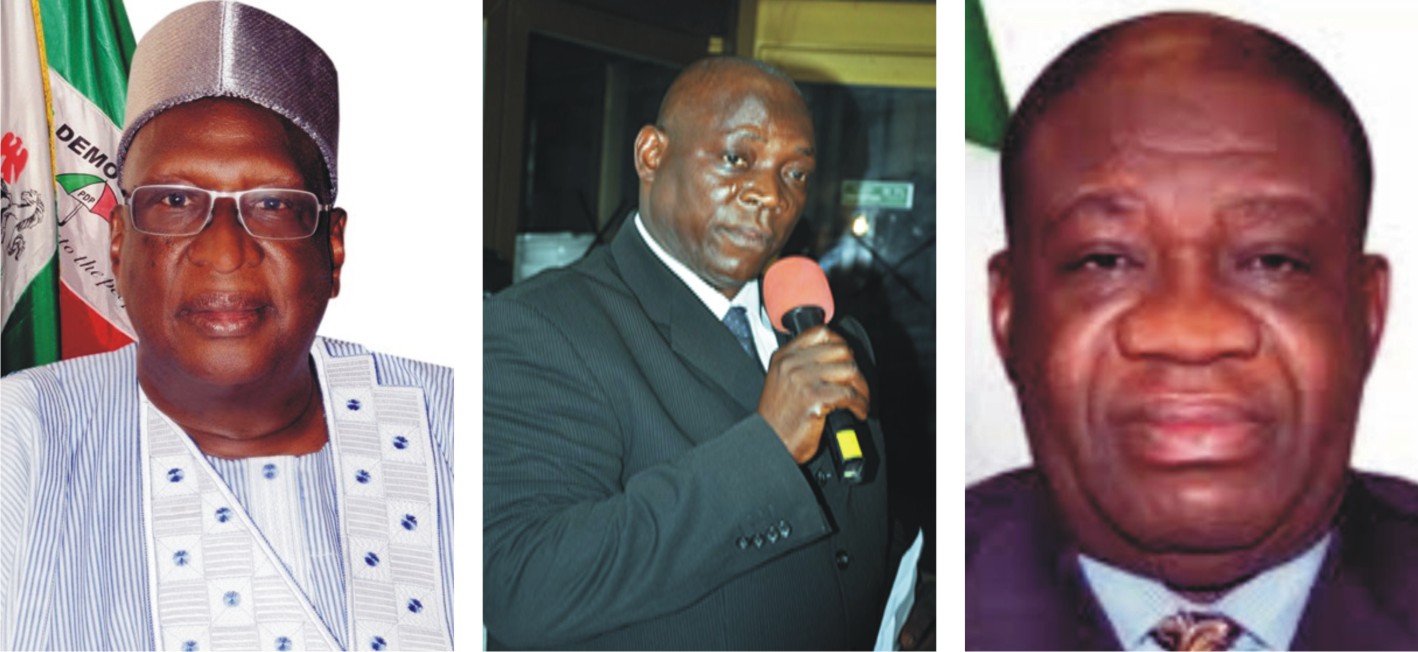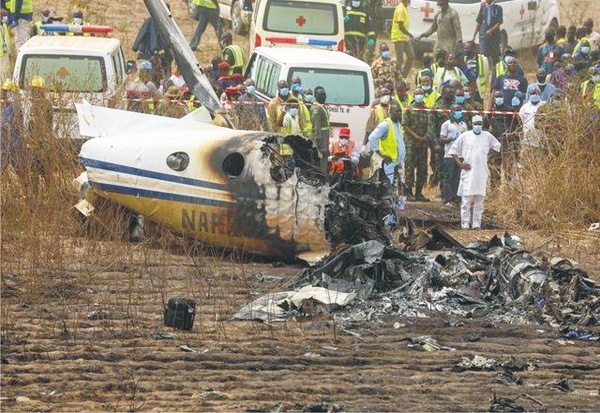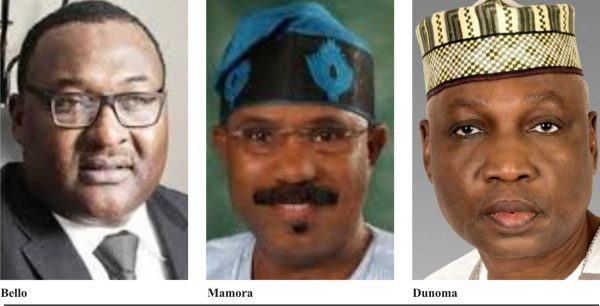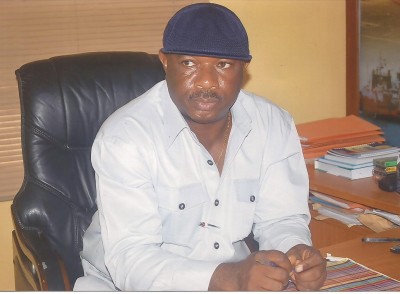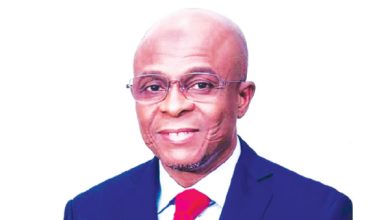Journalism On Trial: The Chilling Impact of Nigeria’s Cybercrime Act
By Fortune Ulu
Journalism, at its core, is the practice of gathering, verifying, analyzing, and presenting news and information to the public, and in the public interest. It is often described as the lifeblood of democracy. It plays a crucial role in democratic societies by informing citizens, holding power to account, and fostering public debate. The essence of journalism lies in its commitment to truth, independence, and serving the public interest.
Journalists serve as the watchdogs of society, holding power to account, ensuring transparency, and providing citizens with the information necessary to make informed decisions. However, these ideals are sometimes challenged by legal frameworks, especially in the digital age, where the dissemination of information transcends traditional boundaries.
However, in recent years, the intersection of technology, law, and media has created new challenges for journalists worldwide. In Nigeria, the Cybercrime Act of 2015 has raised concerns about its potential impact on press freedom and the practice of journalism, sparking significant debate about its potential impact on press freedom and journalistic practice. While the Act aims to address online crimes such as fraud, identity theft, and cyber harassment, concerns have arisen about its misuse to stifle critical reporting and dissent. This piece examines the essence of journalism, the significance of press freedom, and the chilling effects of the Cybercrime Act on Nigerian journalism.
The Role of Journalism in Society
Journalism operates as the fourth estate, complementing the executive, legislative, and judicial arms of government. Journalists act as intermediaries between power holders and the public, investigating corruption, revealing abuse, and amplifying the voices of marginalized communities. Freedom of the press allows journalists to operate without fear of censorship or retaliation, fostering an environment where diverse opinions and ideas can flourish. In fragile democracies, such as Nigeria, journalism plays an even more critical role in safeguarding democratic principles and ensuring accountability in governance.
The Cybercrime Act of 2015: Objectives and Criticisms
The Nigeria Cybercrime Act was introduced to address the rise of online criminal activity. It criminalizes offenses like hacking, identity theft, and online harassment, which are essential steps in protecting citizens and businesses from cyber threats. However, some sections of the Act—especially those concerning “cyberstalking” and “offensive publications”—have raised concerns among press freedom advocates. The vague language of Section 24, which criminalizes the publication of false or offensive information that causes “annoyance or inconvenience,” has been interpreted as a tool for silencing dissent and investigative journalism.
Journalists, activists, and legal experts argue that this law has been weaponized to prosecute journalists who publish stories critical of powerful figures. Media organizations have reported cases where journalists were arrested, intimidated, or threatened under the guise of cybercrime allegations, undermining their ability to hold public officials accountable.
The Nigeria Cybercrime Act of 2015 has been repeatedly used to target journalists for their investigative reporting and critical commentary, raising concerns about press freedom in the country. One prominent case involves Agba Jalingo, editor of Cross River Watch, who was arrested in 2019 after publishing articles alleging corruption involving the Cross River State governor. Jalingo faced charges under the Cybercrime Act, including “cyberstalking,” and was detained for over six months before courts dismissed the charges. His arrest was condemned by organizations like the Committee to Protect Journalists (CPJ) and IFEX, which highlighted how the law is weaponized to suppress dissenting voices and journalism.
Saint Mienpamo Onitsha, founder of NAIJA Live TV, was arrested in October 2023 for allegedly publishing defamatory content about the Presidential Amnesty Program. Authorities detained him under the Cybercrime Act, claiming his report was unverified. The case was suspected to have been politically motivated due to Onitsha’s coverage of controversial government programs.
A journalist with Premium Times, Samuel Ogundipe was in 2018 arrested and his computer seized under the pretext of the Cybercrime Act after refusing to reveal his sources for a story.
Beyond these, there have been so many other cases of journalists being arrested and detained under the Cybercrime Act, accused of cyberbullying, cyber stalking, attempting to overthrow the government or for publishing an article critical of a local politician.
Several Nigerian journalists have been arrested or detained this year under the Cybercrime Act, particularly after the law’s controversial amendments in February 2024. These incidents illustrate the continued risks faced by journalists covering sensitive topics such as corruption.
In September, four journalists—Olurotimi Olawale, Precious Eze Chukwunonso, Rowland Olonishuwa, and Seun Odunlami—were detained and charged under the Act for reporting on alleged fraud involving a top banker. They were accused of violating sections related to spreading false information and conspiracy, which carry harsh penalties, including imprisonment and heavy fines. The journalists were briefly held in a Lagos correctional center before a bail hearing scheduled for October 4. The authorities also pressured them to remove the reports from their platforms.
Despite recent amendments to the Cybercrime Act, critics argue that the legislation remains vague and prone to misuse. Media and human rights organizations such as the Committee to Protect Journalists (CPJ) and Reporters Without Borders (RSF) condemned these arrests, noting that the law is still being employed to intimidate and suppress investigative journalism, even after the promised reforms earlier this year.
These developments highlight ongoing challenges in press freedom in Nigeria, where the Cybercrime Act continues to be a tool for silencing dissenting voices and investigative reports on corruption and governance issues. They reflect how the Act has become a tool for stifling journalism, with public figures and authorities using it to suppress reports on sensitive topics.
Media watchdogs have consistently called for reforms to the law, emphasizing the need to prevent its misuse against journalists and protect freedom of expression. The CPJ, while not a Nigerian organization, has consistently reported on and criticized the use of the Cybercrime Act against journalists in Nigeria. The Socio-Economic Rights and Accountability Project (SERAP) has consistently criticized the Act and its application against journalists.
Media Rights Agenda (MRA), Premium Times Centre for Investigative Journalism, Amnesty International Nigeria, and Paradigm Initiative Nigeria have also variously spoken out against the law’s potential for abuse and its impact on press freedom. Prominent human rights lawyer, Femi Falana, has also spoken out against using the Act to suppress press freedom.
Chairman of the Lagos State Council of the Nigeria Union of Journalists, Adeleye Ajayi is also worried that the law is posing a serious threat to the practice of journalism in the country as a number of journalists had been arrested or detained. He advised the government to see the media as partners in progress and as oxygen of democracy. He wants the press to be allowed the freedom to operate while criticism should be constructive and not destructive. He pointed out that journalists and media practitioners still have the Official Secrets Act to contend with. He is also worried that Nigeria should not unwittingly be on the verge of going back to the era of 1973 when Minere Amakiri, a journalist with the Nigerian Observer, had his head publicly shaved, and given 24 lashes of the cane, because he published a story about an impending teachers’ strike on the birthday of the governor of Rivers State, Alfred Diete-Spiff.
Impact on Journalism and Press Freedom
The Cybercrime Act’s vague provisions have led to a chilling effect on journalism in Nigeria. Investigative journalists may feel reluctant to publish critical reports for fear of legal reprisals. Self-censorship has become increasingly common, as media houses try to avoid confrontations with the authorities. Additionally, the fear of criminal prosecution limits the ability of journalists to engage freely with online spaces—reducing opportunities for public discourse on social media, which has become a vital platform for news dissemination.
The use of the Act to target journalists contradicts Nigeria’s obligations under international human rights treaties, including the African Charter on Human and Peoples’ Rights and the International Covenant on Civil and Political Rights (ICCPR). Both frameworks emphasize the right to freedom of expression and the necessity of an independent press in democratic societies.
Balancing Cybersecurity and Press Freedom
While it is essential for Nigeria to address cybercrime effectively, this should not come at the expense of fundamental freedoms. A democratic society requires a delicate balance between regulating harmful content and protecting press freedom. The government should amend the Cybercrime Act to provide clearer definitions and remove overly broad provisions that can be misused. Additionally, journalists and media houses should work collaboratively with civil society organizations to push for reforms and advocate for stronger legal protections for press freedom.
The essence of journalism lies in its ability to inform, educate, and hold power accountable. This is fundamental to a healthy democracy. Laws like the Cybercrime Act of 2015, though intended to address modern threats, must not be used to infringe on these critical functions. Its broad provisions have raised significant questions about its impact on press freedom. The right to report freely and without fear is non-negotiable in any democracy, including Nigeria. As the country navigates its path towards greater development and digital security, it must also ensure that the voices of its journalists remain protected. Journalism is not a crime, and any attempt to treat it as such undermines the foundation of a free and just society.
As Nigeria continues to navigate the digital age, it is crucial to find a balance that protects both national security and the vital role of journalism in society. This may require revisiting and refining the Act to ensure it does not unduly restrict the work of journalists or compromise the public’s right to information.

